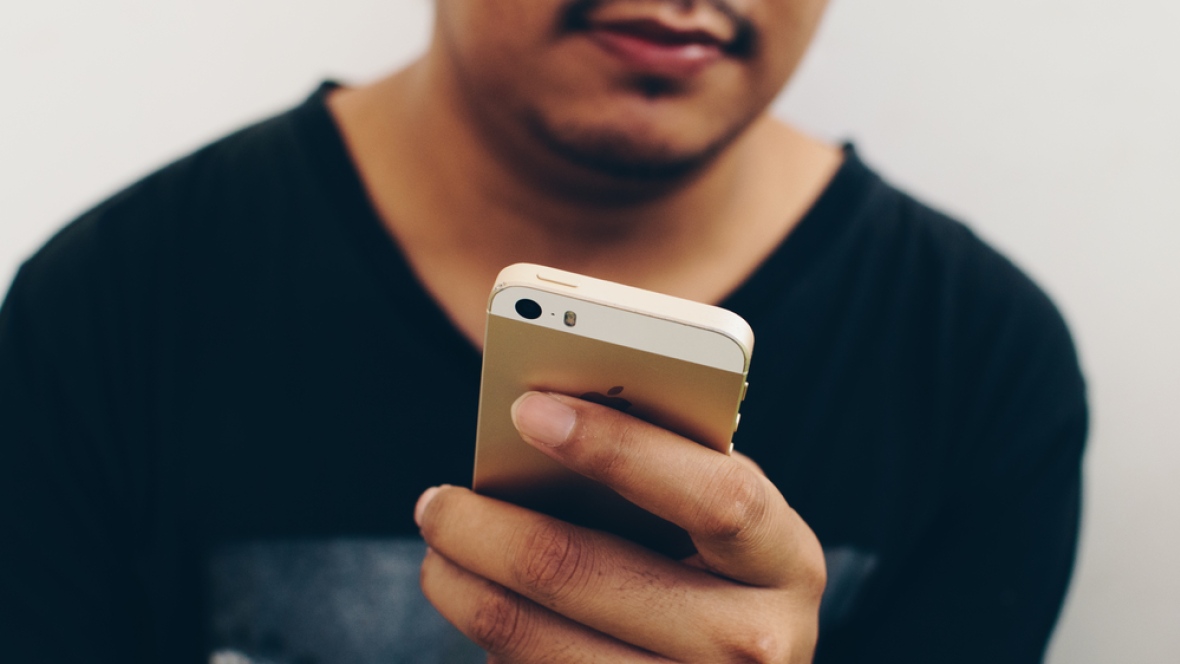Apple Inc. has been unsuccessful in its attempt to get rid of a lawsuit saying it hindered the trendy feature of video conferencing on FaceTime on older iPhones to oblige consumers to upgrade to a new iPhone.
Lucy Koh, the U.S. District Judge, stated the rule late last week that iPhone 4S and 4 users can pursue national class action claims against Apple. The claims will imply that company deliberately “broke” FaceTime to save money. The money was saved from routing calls via servers possessed by Akamai Technologies Inc.
Neither lawyers nor Apple immediately responded to requests for comment on the plaintiffs this week. Apple commenced utilizing servers of Akamai in 2012 post losing a lawsuit in which VirnetX Holding Corp. said that FaceTime tech breached its patents. From a 2016 retrial case, testimony showcased that Apple gave Akamai $50 Million in one 6-month timeframe. The plaintiffs claimed that Apple ultimately created an affordable alternative for its iOS 7 OS, and in April 2014 got rid of FaceTime on iOS 6 and previous systems.

Earlier this month, Qualcomm claimed that it will request the US ITC to prohibit imports of the violating Apple gadgets. A connected court case was registered in California in federal court this week to request financial damages. Qualcomm, which also provides chips to the Cupertino-based tech major, said that the 6 patents assist gadgets perform well with no draining of the battery.
Apple referred reporters to its previous comments on the argument with Qualcomm, which blame Qualcomm of unjustly daunting what Apple refers a “tax” on its devices employing Qualcomm chips. In its grievance to the ITC, Qualcomm requested the body to prohibit iPhones that utilize processors of cellular baseband other than those provided by affiliates of Qualcomm.” Qualcomm did not mention Intel, but Intel commenced providing chips for some of the iPhones beginning with the iPhone 7.
Qualcomm has not suspected that Intel chips infringe its patents but states that the way Apple applies them in the iPhone does the breaching. Intel refused to comment. An industry analyst claimed that ITC cases naturally take 16 Months to end and the case was doubtful to affect 10th anniversary of Apple’s iPhone roll out anticipated this fall.